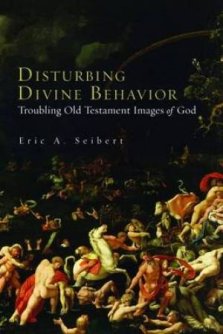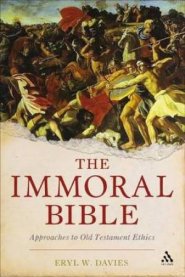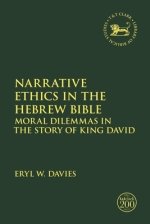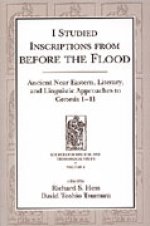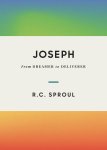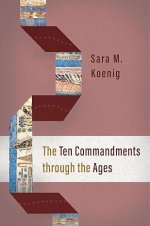Psalm 137 is very moving. It reflects the anguish of those Jews that were taken into exile by the Babylonians and forced to sing some of the songs of their homeland: “By the rivers of Babylon we sat down and wept.” It has comforted people of faith whenever they have felt like strangers in an alien culture: “How shall we sing the Lord’s song in a strange land?” Comforting, that is, until you get to the last lines where the psalmist turns his thoughts directly to his Babylonian captors and says: “How happy shall he be who takes your little ones and dashes them against the rocks!”
The Bible is full of these “immoral” passages – from curses to killings to ethnic cleansing. Whole swaths of people are condemned, reviled, treated badly, slaughtered – witches, adulterers, homosexuals, Egyptians, Canaanites… the list goes on and on. What are we to make of them? How are we to deal with them, assuming we are not like Marcion in the second century who found the Old Testament God so morally repulsive that he rejected the whole of the Hebrew Bible as Holy Scripture. (The difficulty with this for Christians is that the OT books were the scriptures of Jesus.)
The Immoral Bible is an academic – though totally accessible – answer to that problem. It looks at the way Christians interpret the difficult passages according to different methods of interpretation.
Eryl Davies, who teaches Theology and Religious Studies at Bangor University, identifies five approaches used in contemporary Biblical studies: evolutionary, cultural relativism, canonical, paradigmatic, reader-response.
Let me briefly take one example – reader-response - the one I most warm to while recognising how controversial it is for many Christians. This approach begins by facing up to the “immoral” passages. They mean what they say. But they must then be judged according to our moral sensitivities and sensibilities. That sometimes involves us in saying, “This is morally wrong.” So how do we “read” them as Christians? We read them “against the grain”: they show us what human beings, even religious human beings, perhaps especially religious human beings, are capable of. And that makes us think.
There is much in this book to set everyone thinking.
Trustpilot


